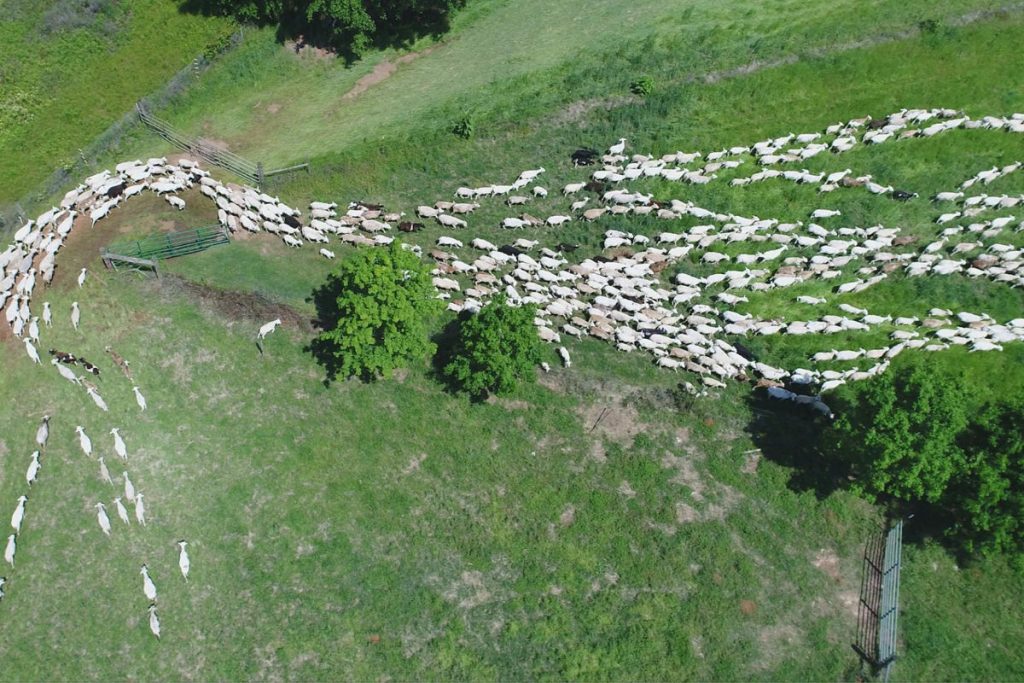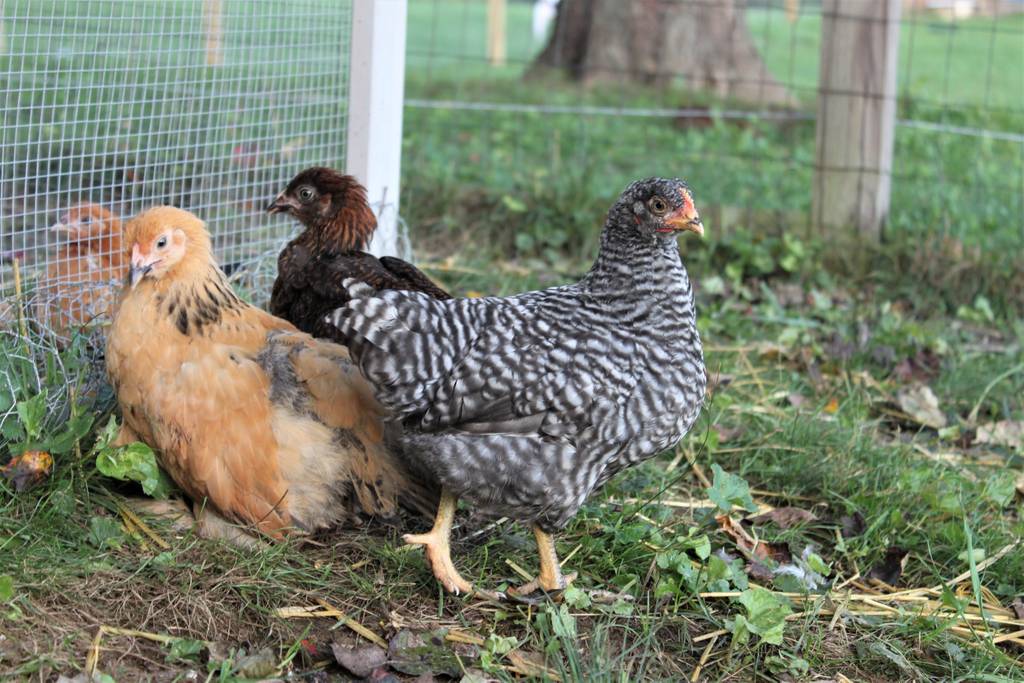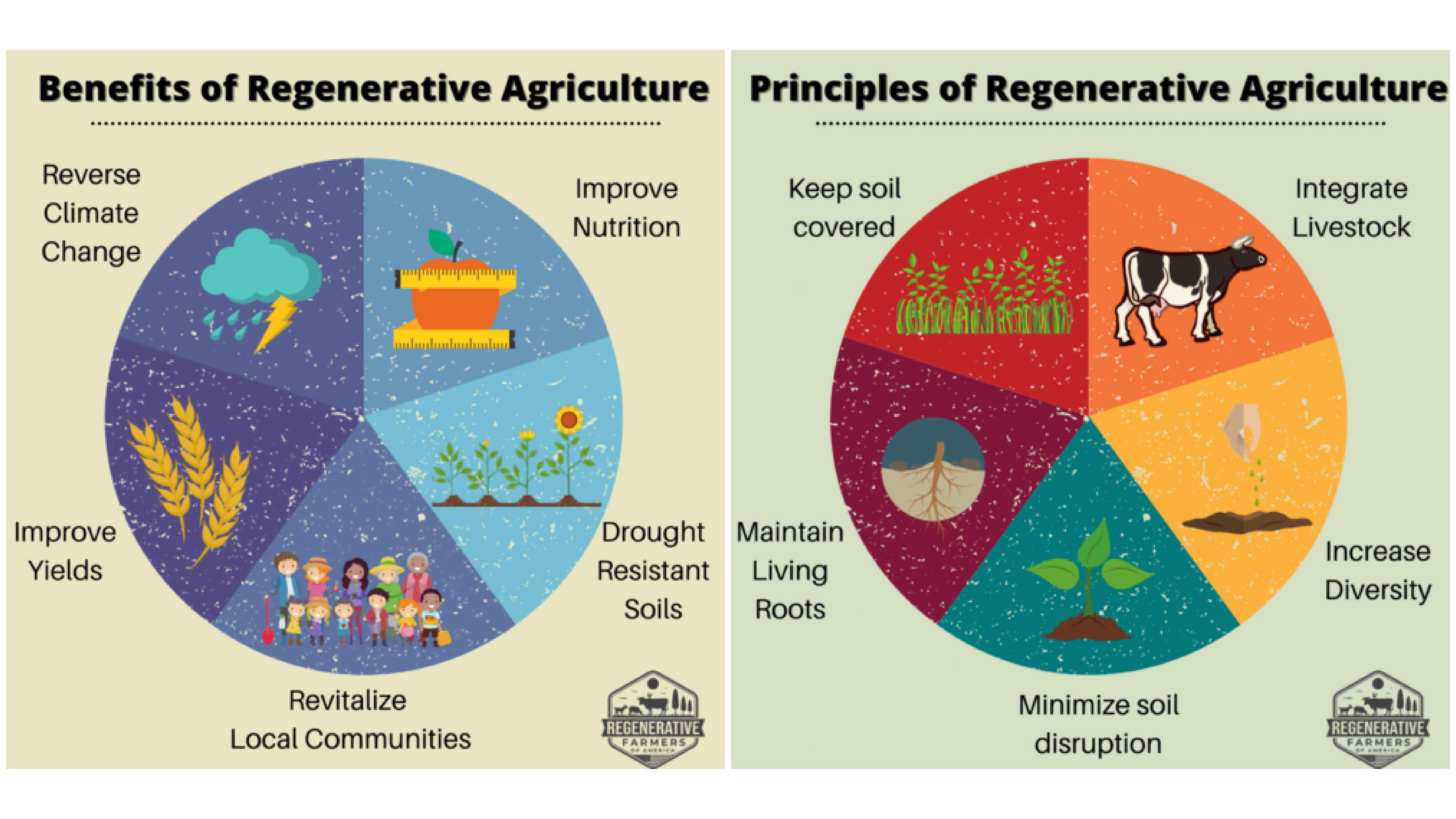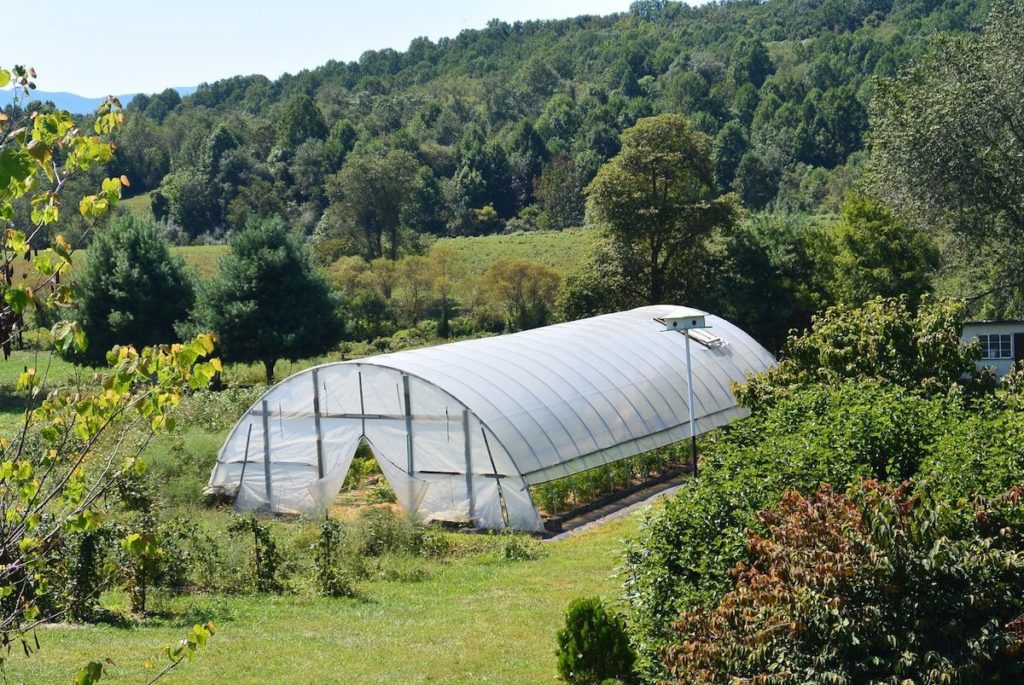More Farms Offering Farm Stays Identify as Regenerative. What Does That Mean?
What does it mean to be regenerative and why is this word popping up in everything from travel to lifestyles to farming?

Well, it seems we have started to acknowledge that we have lost something of value. Regenerative means “able to or tending to regenerate—to regrow or be renewed or restored, especially after being damaged or lost”.
As regards farming, U.S. agriculture took a trajectory in the 20th century toward commercialization, use of chemicals, and monoculture, with an eye towards efficient mass production of commodities. The long-term, detrimental effects on the land (and the people) were not measured or challenged.
The effects began to show up in the last quarter of the 20th century and, in some ag circles, incremental changes started to be made. Today, there are a growing number of family farms focused on regenerative practices as they renew, regrow, and restore the land and a new (old) food production model.
This is what we now know. Regenerative farming can:
- Sequester carbon into the soil and help fight climate change
- Improve the nutritional quality of veggies, fruits, and even meats & dairy
- Create higher yields to grow more food on smaller areas
- Create biodiverse, resilient landscapes
- And so much more!

Which leads us to farm stays on regenerative farms. There are educational and developmental benefits of taking your child (or inner child!) to stay on a farm. What can you expect to see on regenerative farms?
- Passionate Farmers!
- Trees, cover crops, and biodiverse landscapes
- Animals grazing in pastures rather than confined in one area
- Innovative ways to work WITH nature rather than against it (actually closer to the farming methods of the native Americans and early settlers…we just think of it now as innovative because it was lost generations ago)
Because regenerative farms adapt to the natural systems of their location, each is special and unique, and there are many from which to choose! Experience the wide variety of ways these farmers work with nature to create abundant, nutrient-dense and world-saving foods. Ask questions. Learn about the natural world of which you are a part. Relax and eat well, knowing someone is paying attention.
Lauren Lovejoy of The Blue Horn Farm in Virginia, is so passionate about supporting grassroots farmers practicing regenerative agriculture, she started the website Regenerative Farmers of America. The site features a searchable map of regenerative farms all over the U.S., making it easy to support them at home and even on vacation.
In the end, spread the word. Regenerative farming is back!



generique kamagra ligne a bon franche comte
moins cher kamagra